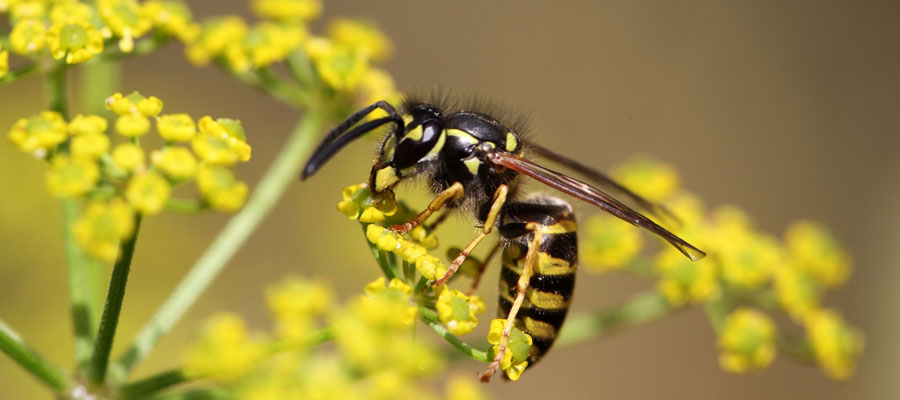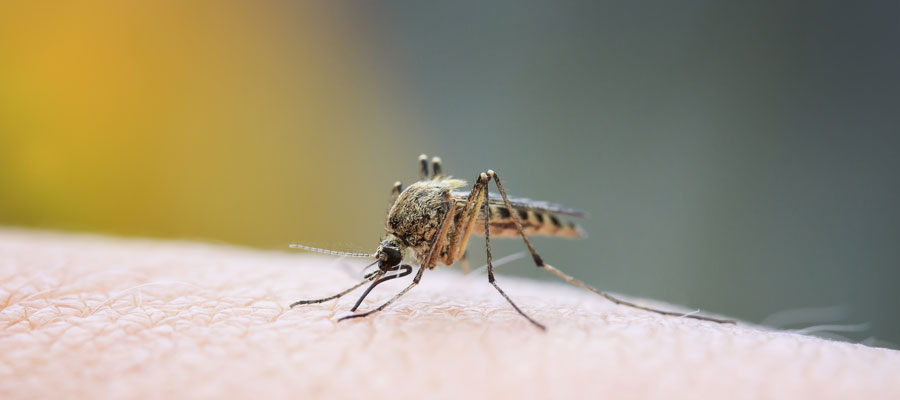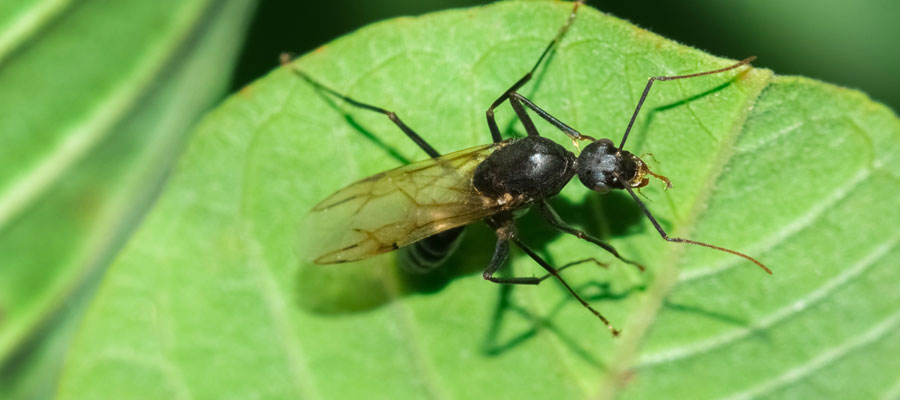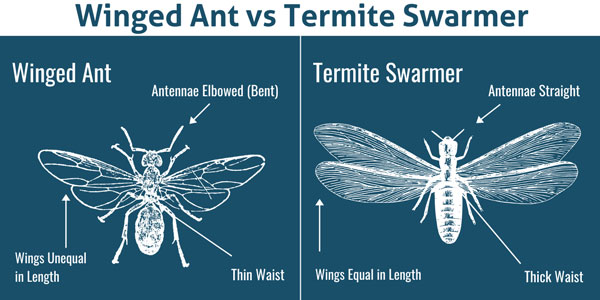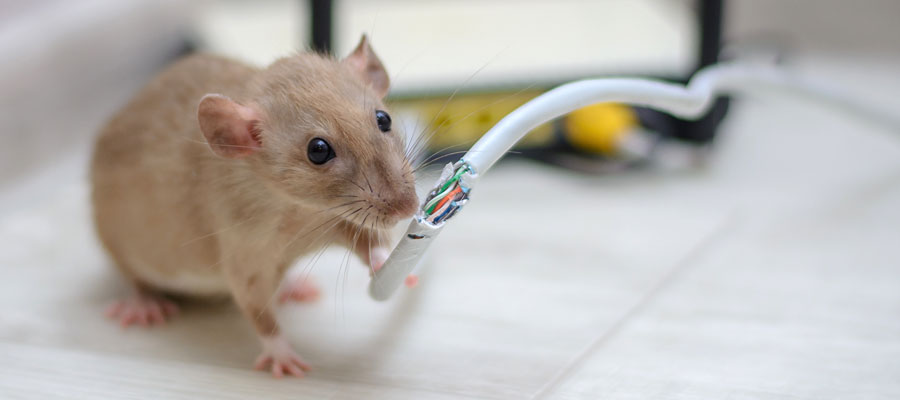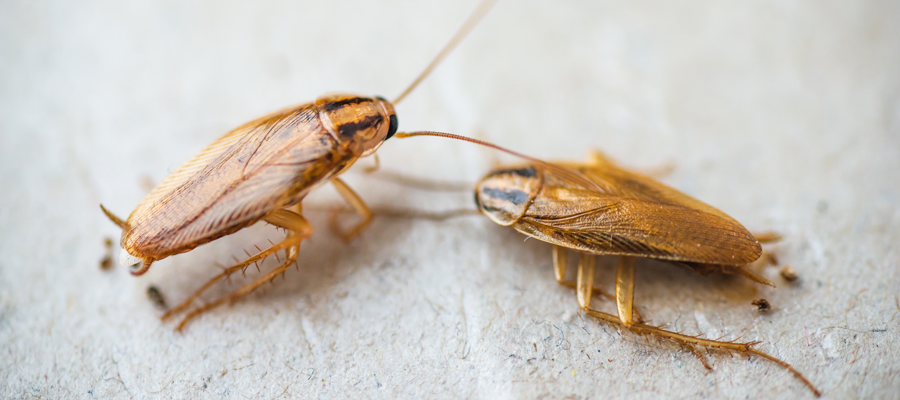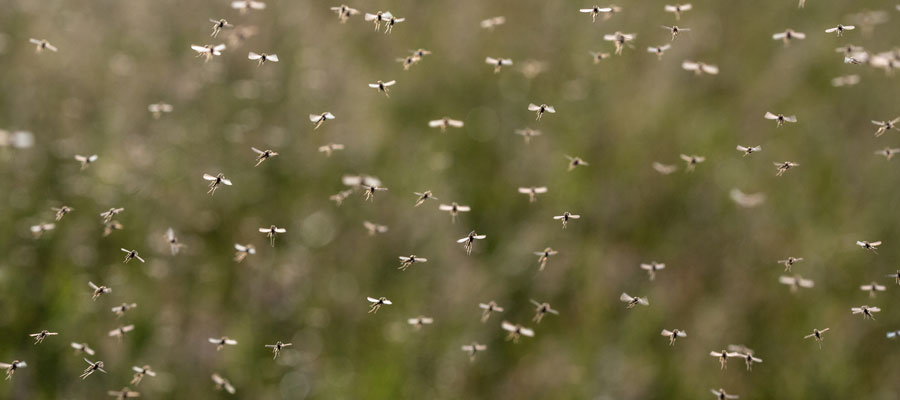Here in Des Moines, allergies are a fact of life in the springtime. You or someone you know likely suffers from allergy symptoms ranging from a runny nose to itchy eyes each year. But are seasonal allergies only caused by the changing weather and blooming trees? Believe it or not, certain household pests are known to trigger allergic reactions, especially in children. If you have pests inside your home, pest allergens can exacerbate your already-bad springtime allergies! May is National Asthma and Allergy Awareness Month, and the team here at Springer Professional Home Services is committed to shining a light on the dangers of pest allergens in your home. Keep reading to learn how to prevent them!
Which Pests Trigger Allergy Symptoms?
As the weather warms up, it makes sense that many blame their allergies on the changing of the seasons. That said, pest allergens could be making your symptoms even worse. Dust mites in the home are a common cause of pest allergens. Cockroaches, however, are likely the biggest culprit of causing pest allergens. This happens when their droppings, saliva, or skins are in the environment. Stinging insects are another common trigger, as many people get allergic reactions to being stung.
Please note that it’s important to always call 911 or receive immediate medical attention if you have a severe allergic reaction, including swelling of the throat, wheezing, dizziness, or shortness of breath.
Have a pest problem? We can help!
6 Ways to Get Rid of Pest Allergens
Thankfully, you can avoid pest allergens by avoiding pests altogether. By knowing how to keep pests out, you can protect your family from pest-related allergies. Some of our top tips include:
- Seal cracks and holes in your property, including entry points for utilities and pipes, screen doors, and windows.
- Store food in sealed containers and clean kitchens on a daily basis.
- Dispose of garbage regularly and use a tight-fitting lid.
- Keep your basements and crawl spaces well-ventilated and dry!
- Wash blankets, rugs, and bedding in hot water or get them dry-cleaned.
- Vacuum and dust your property frequently!
Seasonal Pest Prevention
If you keep pests out of your home, you can prevent pest allergens. That may sound easy, but pest problems are common and it can be difficult to know how to prevent them. For help preventing pests in your property, the team at Springer is here to help.

